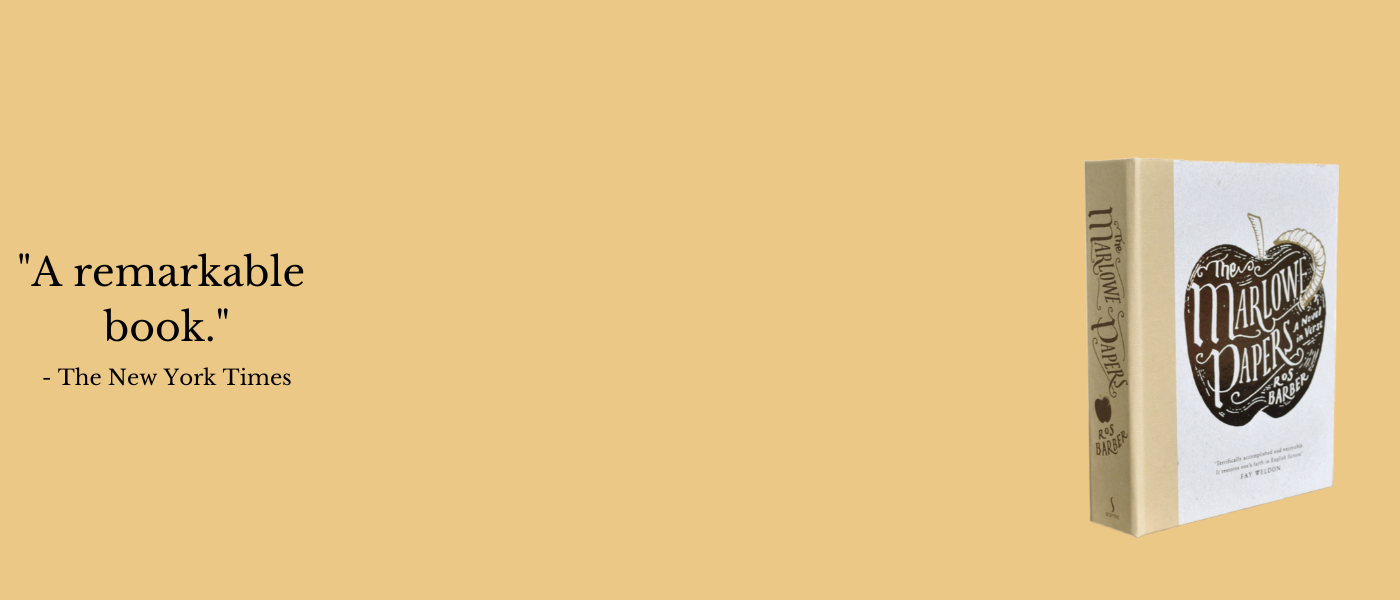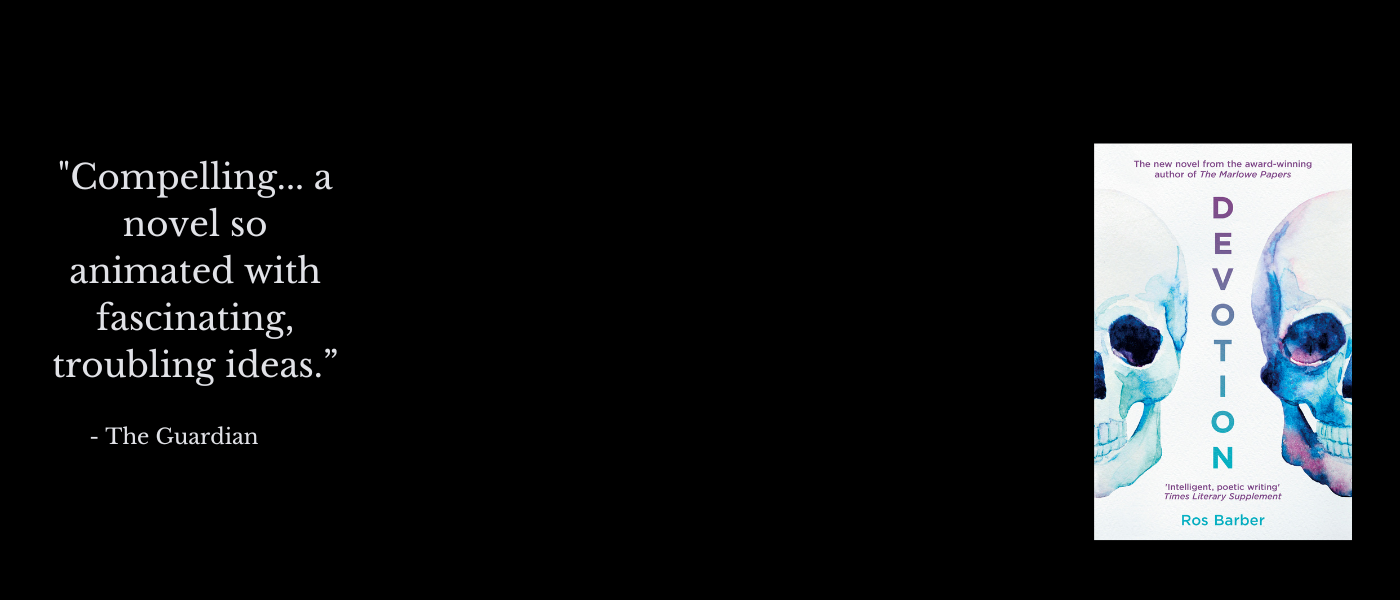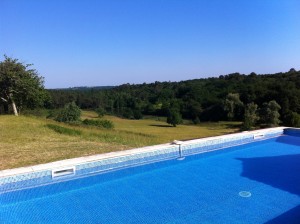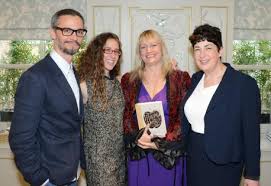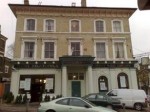

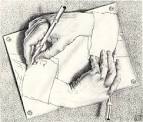 On April 14th I’m talking about writing style at Senate House in London, as part of the Open University’s Contemporary Cultures of Writing series. I’m hoping to attend at least one of the other events in the series, too. I’ll be talking about the difference between academic and creative writing styles.
On April 14th I’m talking about writing style at Senate House in London, as part of the Open University’s Contemporary Cultures of Writing series. I’m hoping to attend at least one of the other events in the series, too. I’ll be talking about the difference between academic and creative writing styles.
I switch between the two all the time; I’ve just finished writing a 10,000 word article on Shakespeare and Warwickshire dialect, for example, in the same week that I was proofing my forthcoming novel, Devotion. Writing style is an interesting beast. I’m curious to know how similar (and how different) people will find the prose of Devotion from the poetry of The Marlowe Papers, for example. I know that years of poetic compression have affected my prose, and my love of imagery is impossible to bury. Creative style isn’t (for me, at least) conscious. It is just how I have come to write, after thousands of hours of practice and thousands more hours of reading. It’s what pleases my inner ear. My academic style was learned far more recently; (what I consider to be) good academic writing styles have a lot more in common with each other than creative writing styles. Academic style is a uniform I put on: practical, sober, persuasive. My creative style I’m not even sure I could categorise, but it involves changes of clothes (within a recognisable palette of cut and colour) and occasional flashes of nudity.
How does creative writing style develop? What does one’s writing style say about you as a person? How much is it about being the best (edited, revised, perfected) version of yourself? These are things worth pondering.
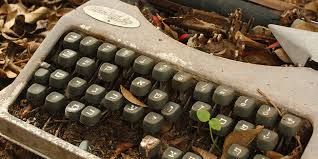 He wrote with all the inventive precision of a young Vladimir Nabokov. Every piece he submitted was thrilling to read. As his tutors, we discussed our most promising student over after-work drinks; wondered if we might be named in his acknowledgements, looked forward to being invited to his book launch.
He wrote with all the inventive precision of a young Vladimir Nabokov. Every piece he submitted was thrilling to read. As his tutors, we discussed our most promising student over after-work drinks; wondered if we might be named in his acknowledgements, looked forward to being invited to his book launch.